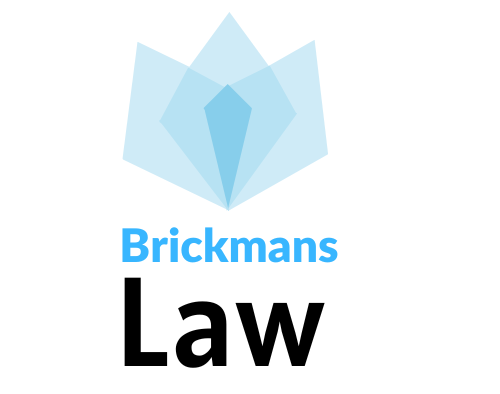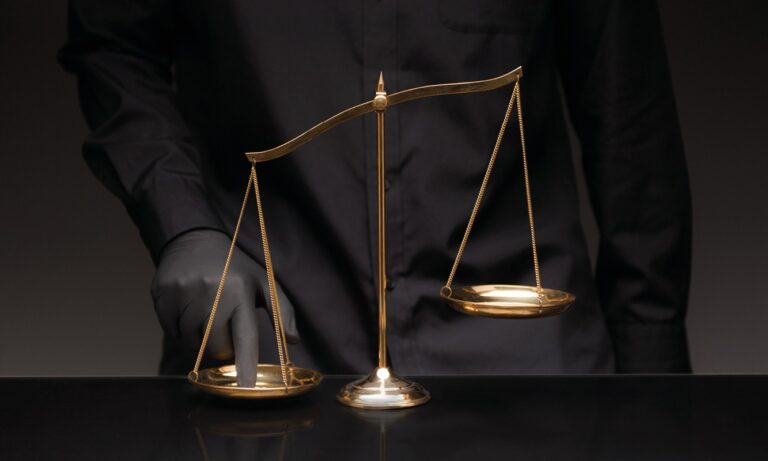Regulation of Content Creators in Nigeria – Issues, Prospects and the role of the Tax Man
Introduction.
Nigeria has experienced a surge in content creation across various platforms, including social media, streaming services and traditional media outlets. As the content creation sector continues to flourish, regulatory oversight becomes increasingly vital to ensure fair practices, protect consumers, and foster industry growth. This article delves into the complexities of regulating content creators in Nigeria, explores potential pathways for improvement, and examines the fiscal implications, particularly taxation.
Issues.
Nigeria faces challenges due to the absence of a clear and cohesive legal framework tailored to digital content creation. 1 These ambiguities hinder effective enforcement and create uncertainty for both content creators and regulatory bodies. For example the National Broadcasting Commission (NBC) sought to regulate content creators by mandating online broadcast licence providers and social media platforms to obtain licences. 2 However, this directive faced opposition, with many arguing that the NBC lacked authority over social media platforms. 3
Another significant concern is the infringement of the right to freedom of expression. The right to freedom of expression is the foundation of every free and democratic society. 4 Social media platforms serve as crucial avenues for exercising this fundamental right, yet government interventions such as the Twitter ban in 2023, raise concerns about potential human rights violations. The twitter ban by the Nigerian government was condemned by several human rights watch groups but it also begs the question of what stops the government from repeating such an action.
Furthermore, content creators frequently encounter challenges related to intellectual property rights infringement. They frequently face copyright infringement and piracy, undermining their ability to monetize their creations and deterring investment in original content. 5 In this new digital age, the concept of fair use which allows for limited use of copyrighted material without seeking permission has become increasingly complex, blurring the lines between transformative use and copyright infringement. 6
Prospects.
Lawmakers are increasingly recognising the need to regulate content creation in Nigeria, 7 aiming to set the boundaries and ensure compliance. 8 However, attempts to introduce legislation that would not only regulate content creators but social media platforms as a whole have faced opposition due to concerns about human rights violations. One of such law was the Social Media Bill which was tagged “a guerilla legislation targeted at silencing critical journalist in the country” 9 . Another law was the Hate Speech Bill which proposed harsh and disproportionate punishments for alleged hate speech offences 10 .Collaborative efforts by engaging with industry stakeholders can lead to the formulation of regulations that strike a balance between safeguarding human rights and addressing societal concerns. Establishing associations or guilds for content creators can provide a unified voice and platform for advocacy. 11 These organisations can advocate for the rights of content creators, offer support services, and promote ethical practices within the industry.
The Role of the Tax Man.
In recent news, the tax obligation of content creators has become a contentious topic following a directive from the Corporate Affairs Commission for content creators to register their business and pay taxes. 12 However, uncertainty persists regarding the legal classification of content creators ( whether they should be considered self-employed, businesses or professional service providers) and the determination of the tax applicable, deductions allowed and compliance obligations. 13 Additionally, determining the taxable income generated from content creation activities can be challenging due to the fluctuating revenue streams, diverse monetization methods, and varying expenses incurred in the production process. 14 This ambiguity complicates tax compliance and planning efforts.
Conclusion.
Regulating content creators in Nigeria requires a concerted effort to address regulatory challenges, foster collaboration, and ensure compliance with fiscal obligations. Nigeria can nurture a vibrant digital content ecosystem that empowers creators and drives economic growth by embracing regulatory reforms, enhancing industry collaboration, and providing fiscal incentives.
References
- Legal Framework Regulating Freedom of Expression and Press in Nigeria and Pathways to Neutralizing Threats (Centre for Journalism Innovation and Development, 2022).
- Technical Framework for the Use of Social Media Network in Nigeria (Nigerian Communications Commission (NCC) Version 1.0, 2019)
- https://guardian.ng/news/content-creators-must-register-pay-taxes-cac/
- https://punchng.com/cac-says-content-creators-must-register-pay-taxes/
- Valbuena, A, 2021/2022. Taxation of influencers: A double taxation or non-double taxation issue?. Masters Thesis. Lund University.
- Akshita P, ‘Intellectual Property Rights in the Age of Content Creation’ (2023) Annual Volume 9 Commonwealth Law Review Journal 196
- Technical Framework for the Use of Social Media Network in Nigeria (Nigerian Communications Commission (NCC) Version 1.0, 2019) page 1&2
- Technical Framework for the Use of Social Media Network in Nigeria (Nigerian Communications Commission (NCC) Version 1.0, 2019) page 21 & 22
- Legal Framework Regulating Freedom of Expression and Press in Nigeria and Pathways to Neutralizing Threats (Centre for Journalism Innovation and Development, 2022) 14.
- Legal Framework Regulating Freedom of Expression and Press in Nigeria and Pathways to Neutralizing Threats (Centre for Journalism Innovation and Development, 2022) 15
- https://punchng.com/skit-makers-influencers-to-float-union-to-regulate-contents/
- https://punchng.com/cac-says-content-creators-must-register-pay-taxes/,https://guardian.ng/news/content-creators-must-register-pay-taxes-cac/
- Valbuena, A, 2021/2022. Taxation of influencers: A double taxation or non-double taxation issue?. Masters Thesis. Lund University, page 16.
- Valbuena, A, 2021/2022. Taxation of influencers: A double taxation or non-double taxation issue?. Masters Thesis. Lund University, page 17.




